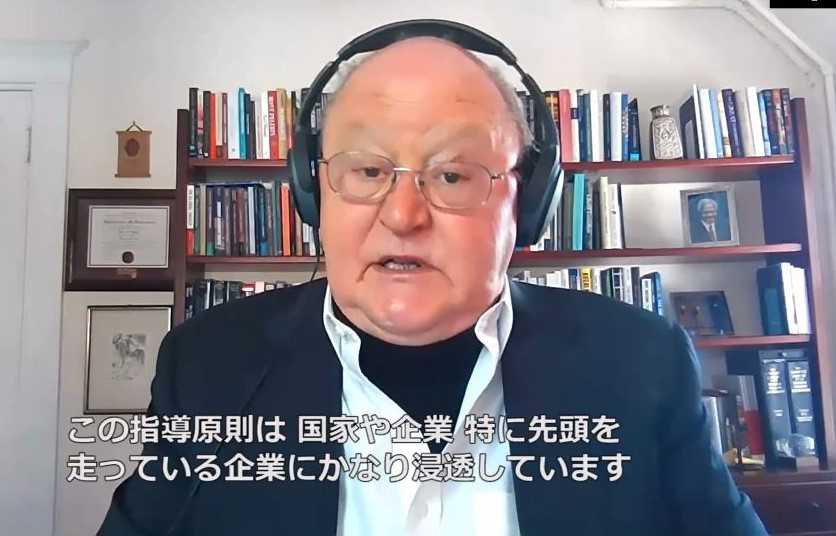In 2011, the UN Human Rights Council unanimously approved the “Guiding Principles on Business and Human Rights.” The principles are based on three pillars: (1) the obligation of the state to protect human rights, (2) the responsibility of companies to respect human rights, and (3) access to remedy. The principles stipulate that when human rights are violated, appropriate measures must be provided through judicial, administrative, legislative, and other means. “Grievance mechanisms” act as a procedure or system based on ensuring these measures. Additionally, the term "human rights due diligence" refers to the implementation of measures and plans to prevent human rights violations or to deal with actual violations, the identification of risks, and the assessment of the impact of corporate activities on human rights. As production moves overseas and supply chains expand across borders, Japanese companies are dealing with increasingly diverse human rights issues.
The forum was co-hosted by the Global Compact Network Japan (GCNJ), the Business and Human Rights Lawyers Network Japan (BHR Lawyers), and the Business and Human Rights Resource Center. In his opening remarks, SPF President Sunami noted that in the 10 years since the Guiding Principles on Business and Human Rights were approved, "national action plans have been formulated and various initiatives have been taken by private companies, and the progress that has been made should be celebrated.” However, he expressed concern that “the efforts of Japanese companies in particular are far from sufficient, especially with regard to access to remedy, the third pillar of the Guiding Principles, which most companies have yet to even begin to address.”
With this background, the Sasakawa Peace Foundation is promoting its "
Enhancing Responsible Business Conduct" project. While stating that "we will actively promote efforts to resolve business and human rights issues," President Sunami strongly hopes that by using the "’Engagement and Remedy Guidelines” released by GCNJ and others in 2019, "fair and effective grievance mechanisms will be set up at various levels, opening up more paths of remedy for all human rights violation victims."
